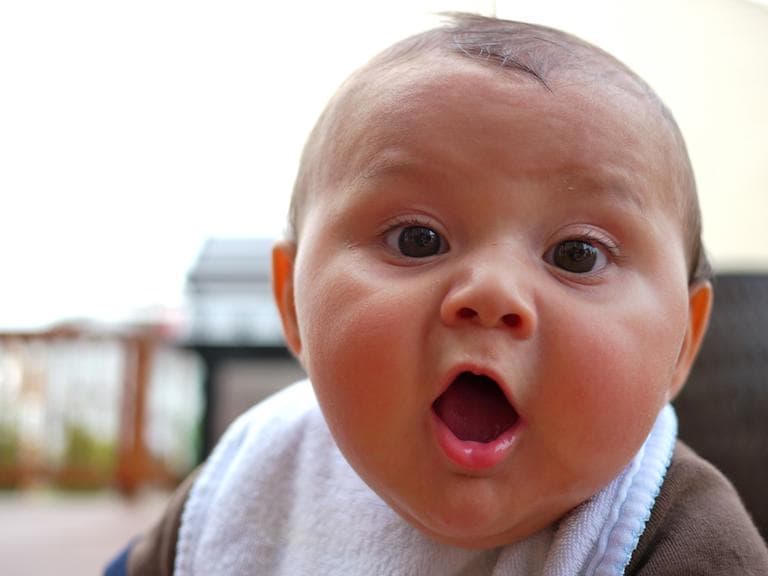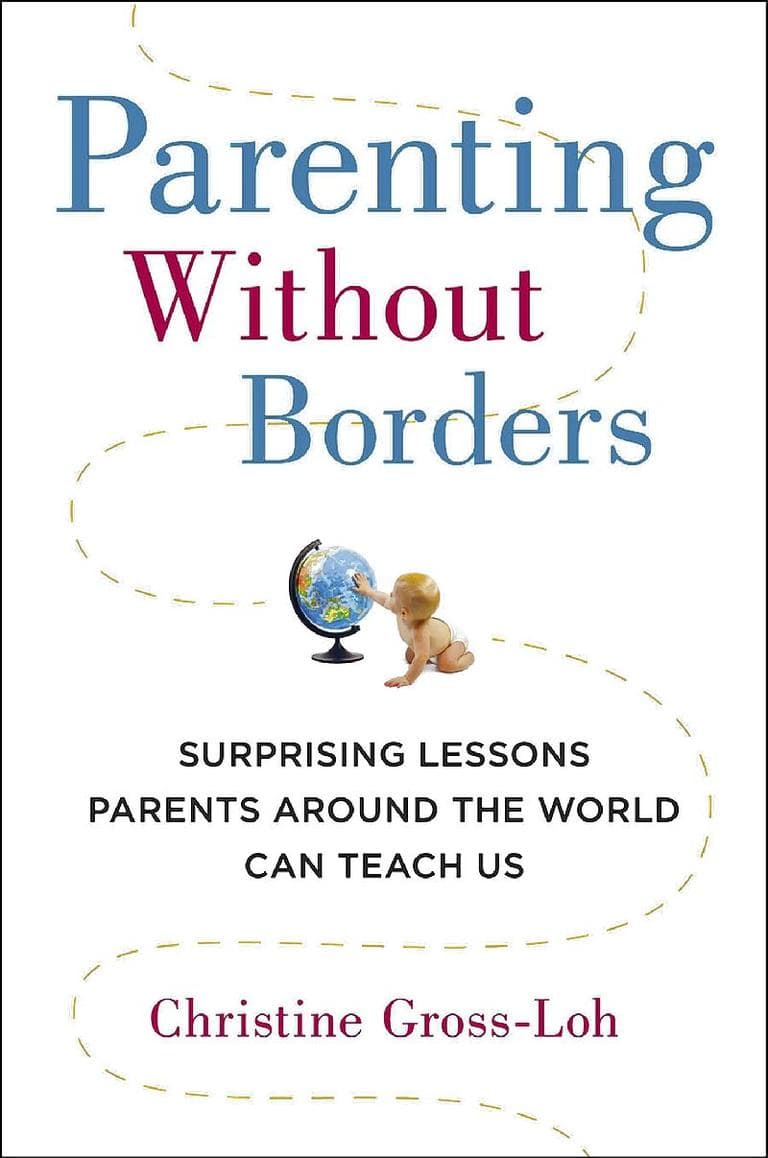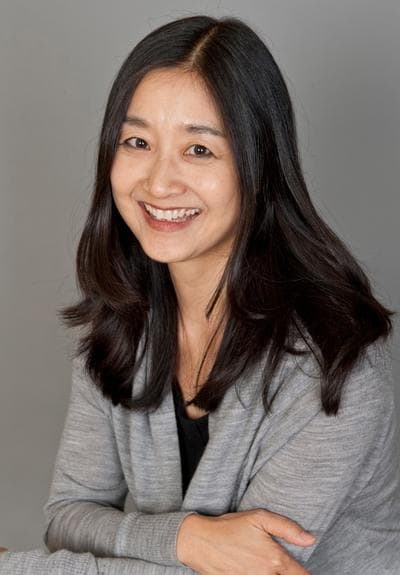Advertisement
What Americans Can Learn From Parents Around the World
Resume
In Germany, children can attend forest kindergartens and spend the entire day outside. In Japan, mothers encourage kids to fight with pretend swords or guns. And in Scandinavia, kids nap outdoors.
Those are broad strokes, but by and large, parenting is different around the world.
Mother and author Christine Gross-Loh discovered that when she lived in different countries for her book, "Parenting Without Borders: Surprising Lessons Parents Around the World Can Teach Us."
Book Excerpt: 'Parenting Without Borders'
by Chrisine Gross-Loh

Introduction
We all want the best for our children, but what does that mean? Robert LeVine, an eminent Harvard anthropologist, determined that parents around the world universally share three goals in raising their children. The first goal is survival and health: Parents want their children to stay alive. For those who live in societies where they can be reasonably sure of being able to meet children’s most basic survival needs past infancy, though, the second universal goal is to raise children who will have the basic skills they’ll need to sustain themselves economically once they grow up. And finally, there’s the goal of self-maximization—of raising a socially competent child who possesses the cultural values that are considered important, and who will succeed in that society: a child who will thrive.
I didn’t know if I would ever have a child. Pregnancy didn’t come easily to me, and my husband, David, and I experienced the heartache of infertility before conceiving our first baby. But I always loved children and longed for the day I might become a mother. When I finally became pregnant, survival was a question: I hemorrhaged so severely in my seventh month that doctors told us the pregnancy was in danger. It wasn’t until tiny Benjamin was born and safely in my arms, when I looked at his face with his wide brown eyes, mop of black hair, and the puzzled expression that elicited such fierce protectiveness inside me, that I started to think about what kind of parent I would be and how I could best raise a child who would not only survive but also thrive.

My parents immigrated to the United States from South Korea shortly before I was born in 1968. Growing up in the 1970s in small-town Pennsylvania, I straddled two cultures every day of my childhood. In some ways my parents were very Korean in how they raised us: We used chopsticks at the dinner table; kimchi, seaweed, and rice were staples in our home; I was taught not to call adults by their first names and to behave respectfully toward older relatives. Education was highly valued in our house and we were expected to complete our homework on time and get good grades. Sometimes this felt like a lot of pressure. At the same time, my parents had a broad perspective and were enthusiastic and relaxed about the things my brothers and I wanted to do, whether it was make our own Halloween costumes, pretend to pan for gold in a creek, watch movies for hours with our friends, or eat or read whatever we wanted. When I look back on my childhood, I am actually astounded by how little my parents questioned the things we were doing with our time and where our lives were going, especially since our American small-town childhood was so different from their own.
They had their worries, as many immigrant families who strongly want their children to thrive in their new society often do. I remember hushed conversations between my mom and dad about whether we were really getting a good education, and get-togethers with other Korean immigrant families where parents exchanged questions about the schools their children were attending as they tried to navigate an alien school system. Sometimes our differences really compounded my self-consciousness about being one of the few Asian-American students in school. But like many American parents of my generation, I find myself looking back with amazement at a degree of freedom and acceptance that seems virtually lost today. Even though my parents always conveyed the value of holding high expectations, they gave us so much time and space to experiment, play, and just be. They were always trying to do their best for us. They believed in our potential to flourish. But they weren’t always trying to mold and change us.
During my twenties I lived in Japan several times, first to study Japanese and then to do research for a doctorate in East Asian history. In a remote village nestled in the mountainous countryside, I met David, who, like me, was a student who had come to Japan to learn the language. When David and I returned to the United States and decided to get married, we also knew that we might eventually be going back to Japan one day and maybe even raising children there. No matter where our children would grow up, though, I knew I loved America. And I knew there were many things from my own Korean-American upbringing and my Jewish-American husband’s that would shape our family’s life.
Excerpted from the book PARENTING WITHOUT BORDERS by Christine Gross-Loh. Copyright © 2013 by Christine Gross-Loh. Reprinted with permission of Avery, a member of Penguin Group (USA) LLC, A Penguin Random House Company.
Guest
- Christine Gross-Loh, mother and author of "Parenting Without Borders: Surprising Lessons Parents Around the World Can Teach Us."
This segment aired on August 23, 2013.